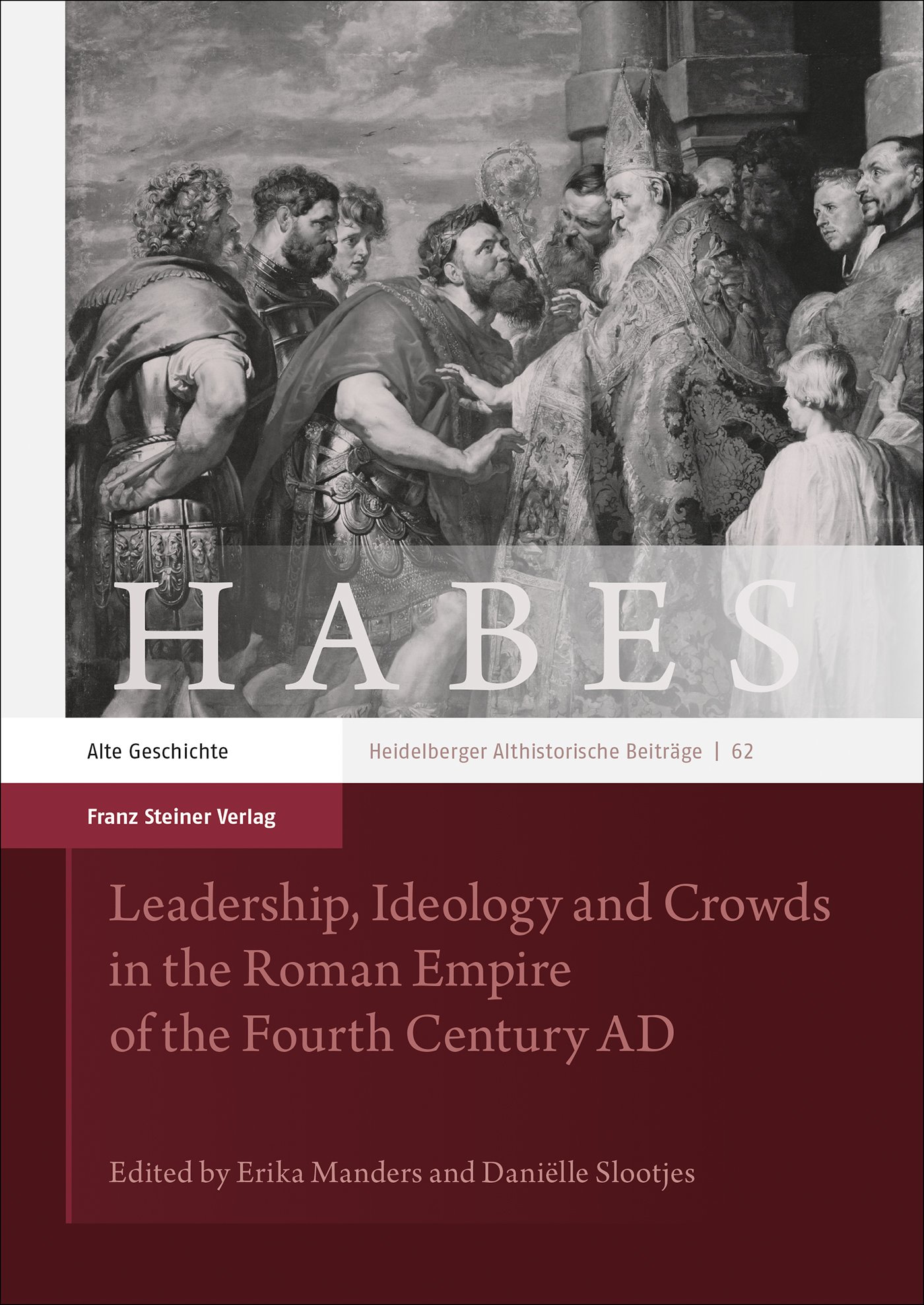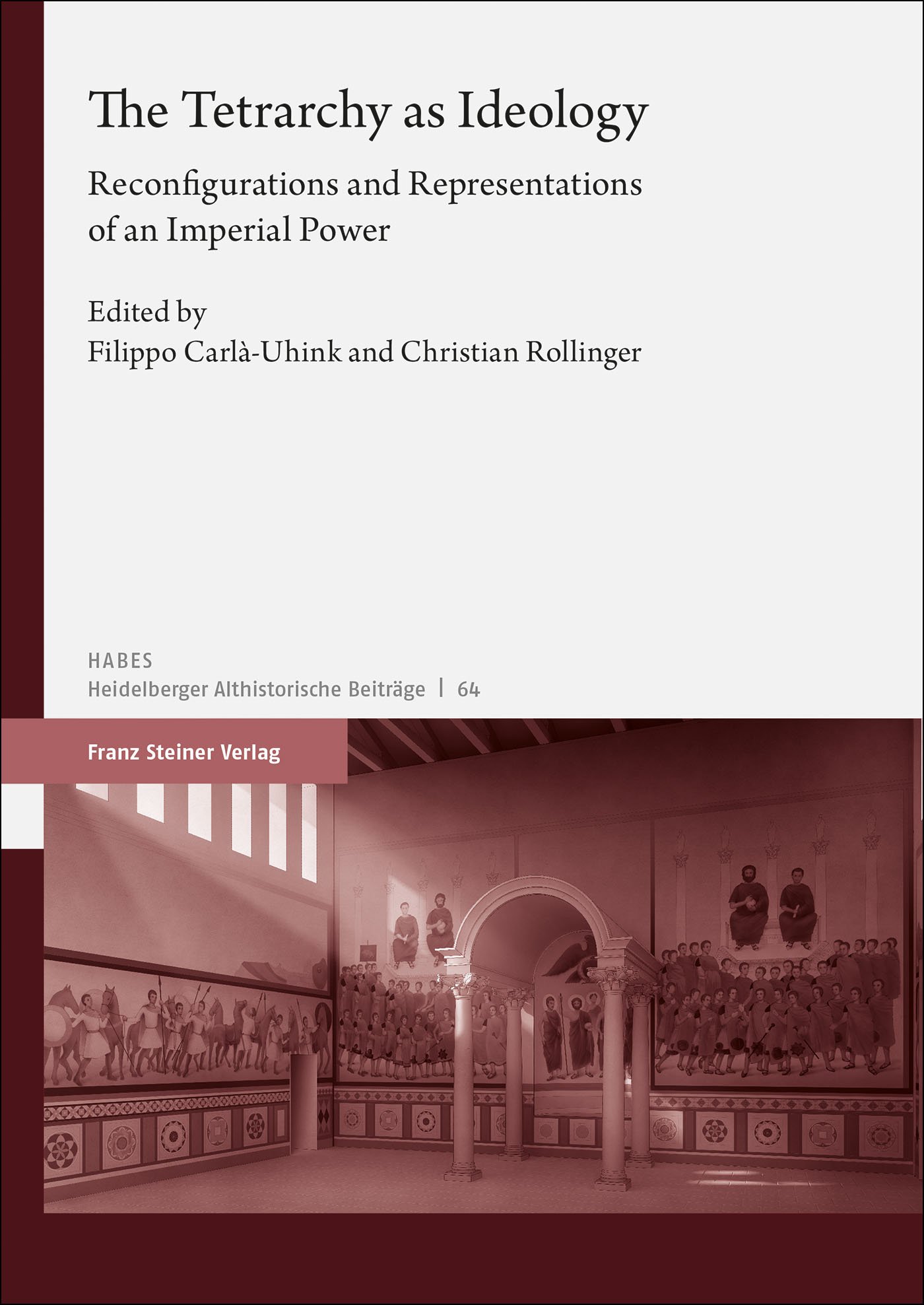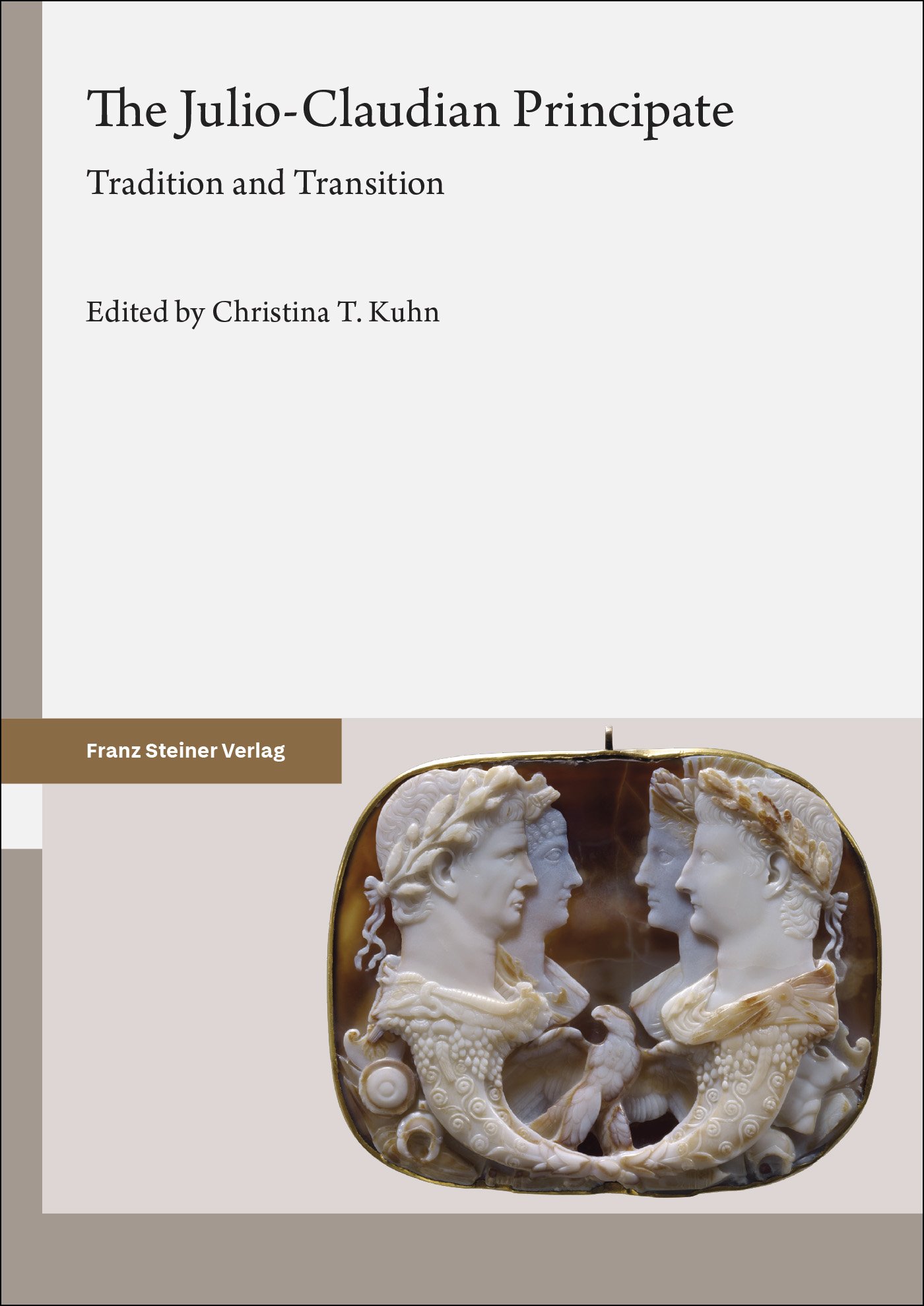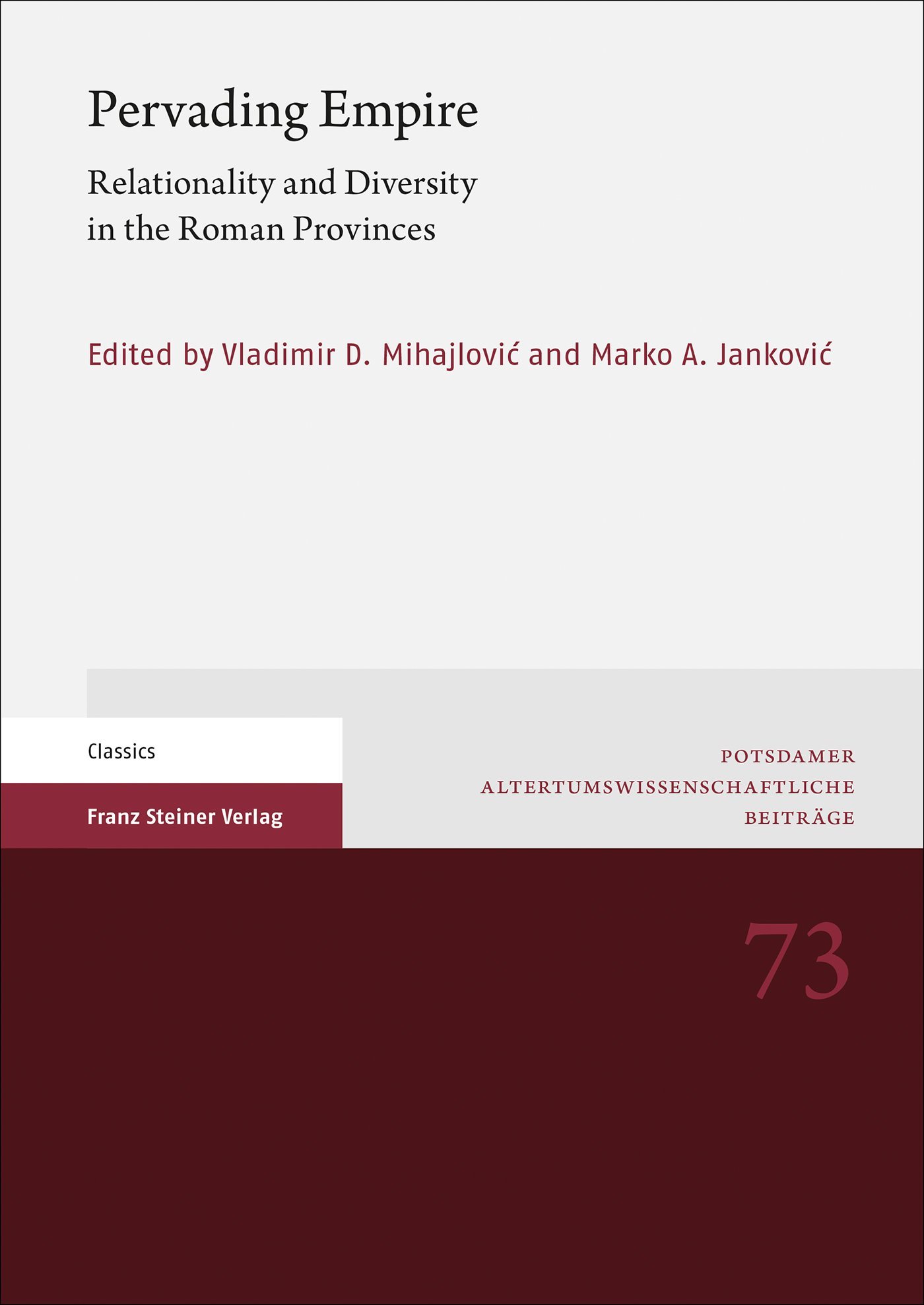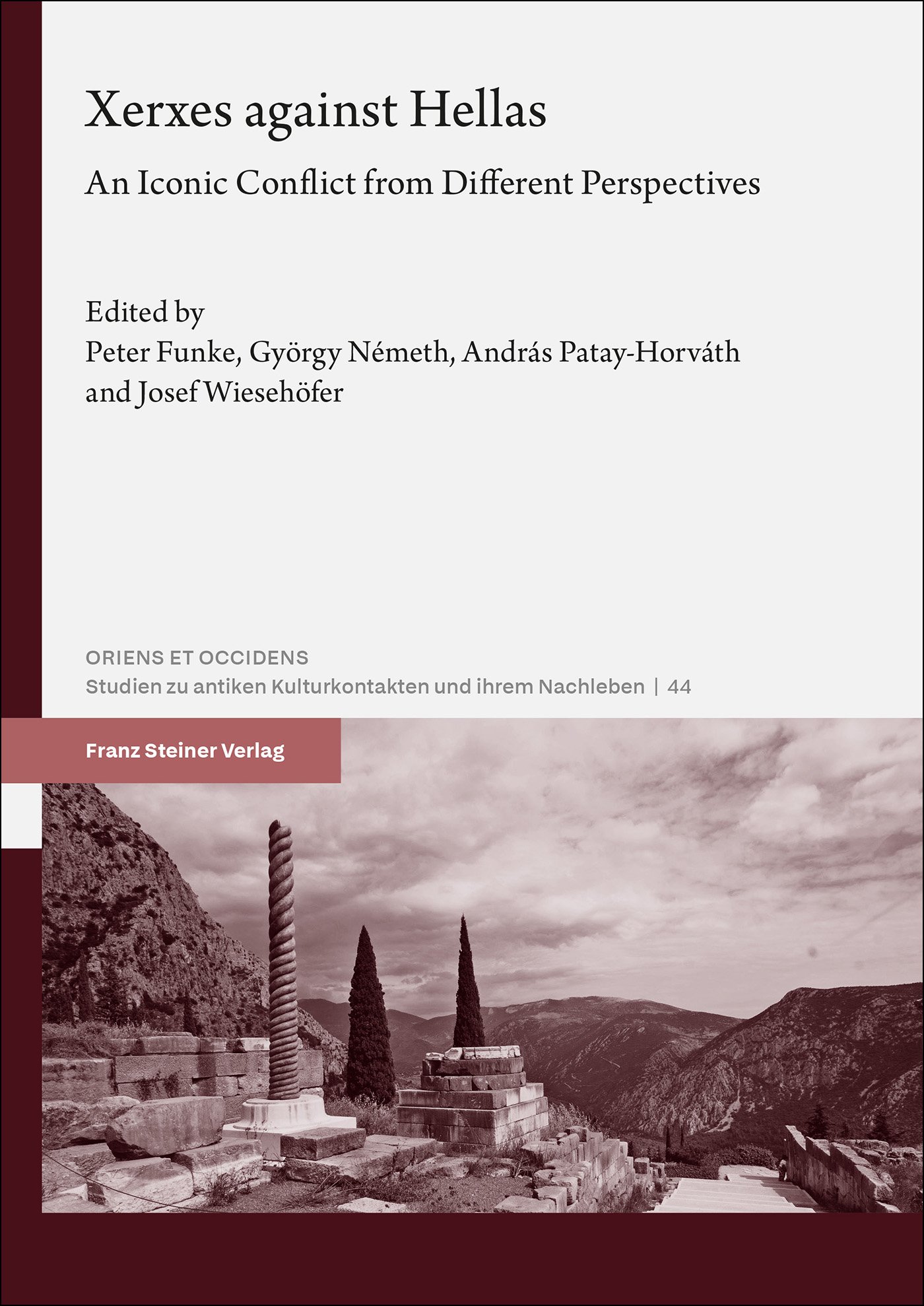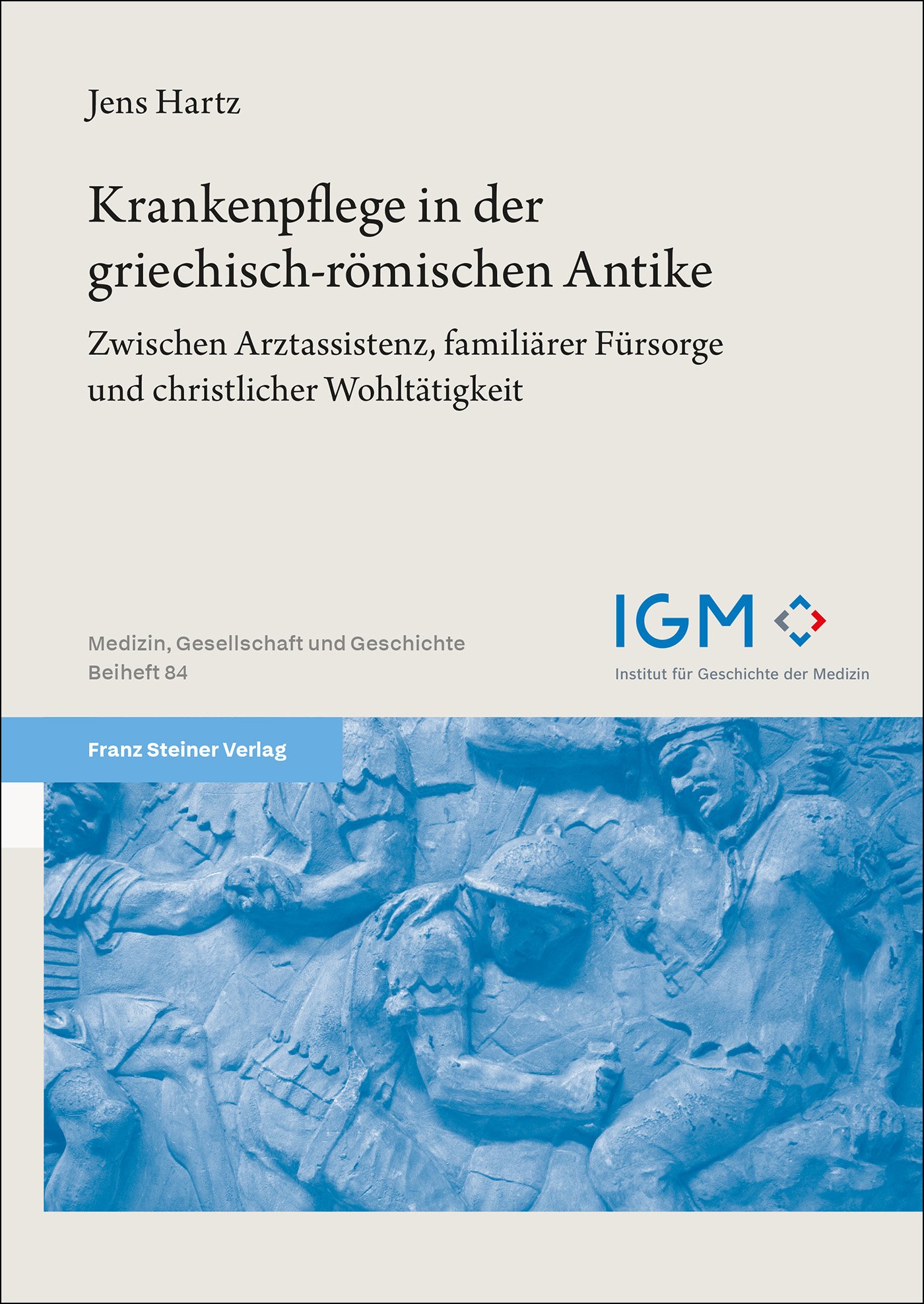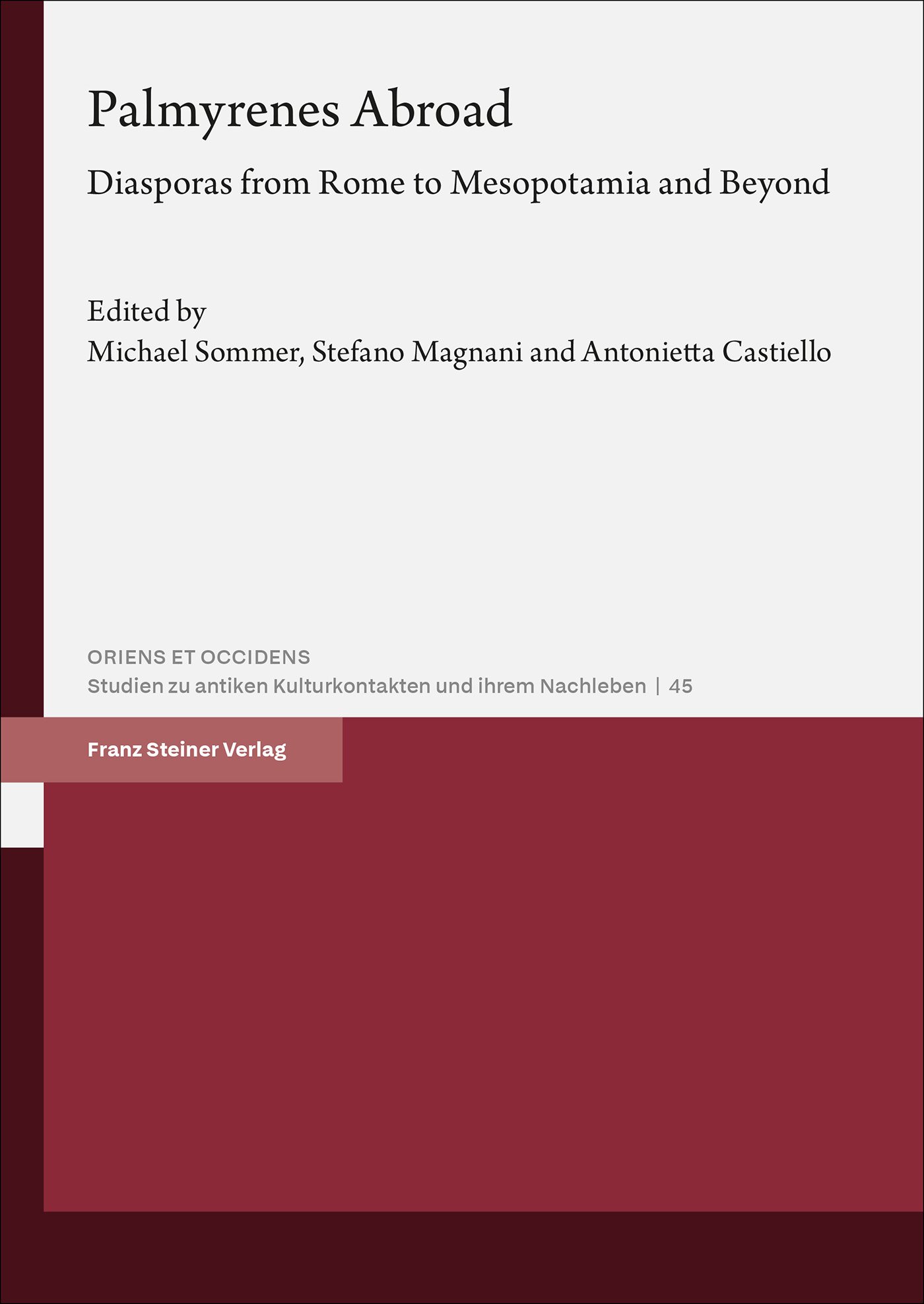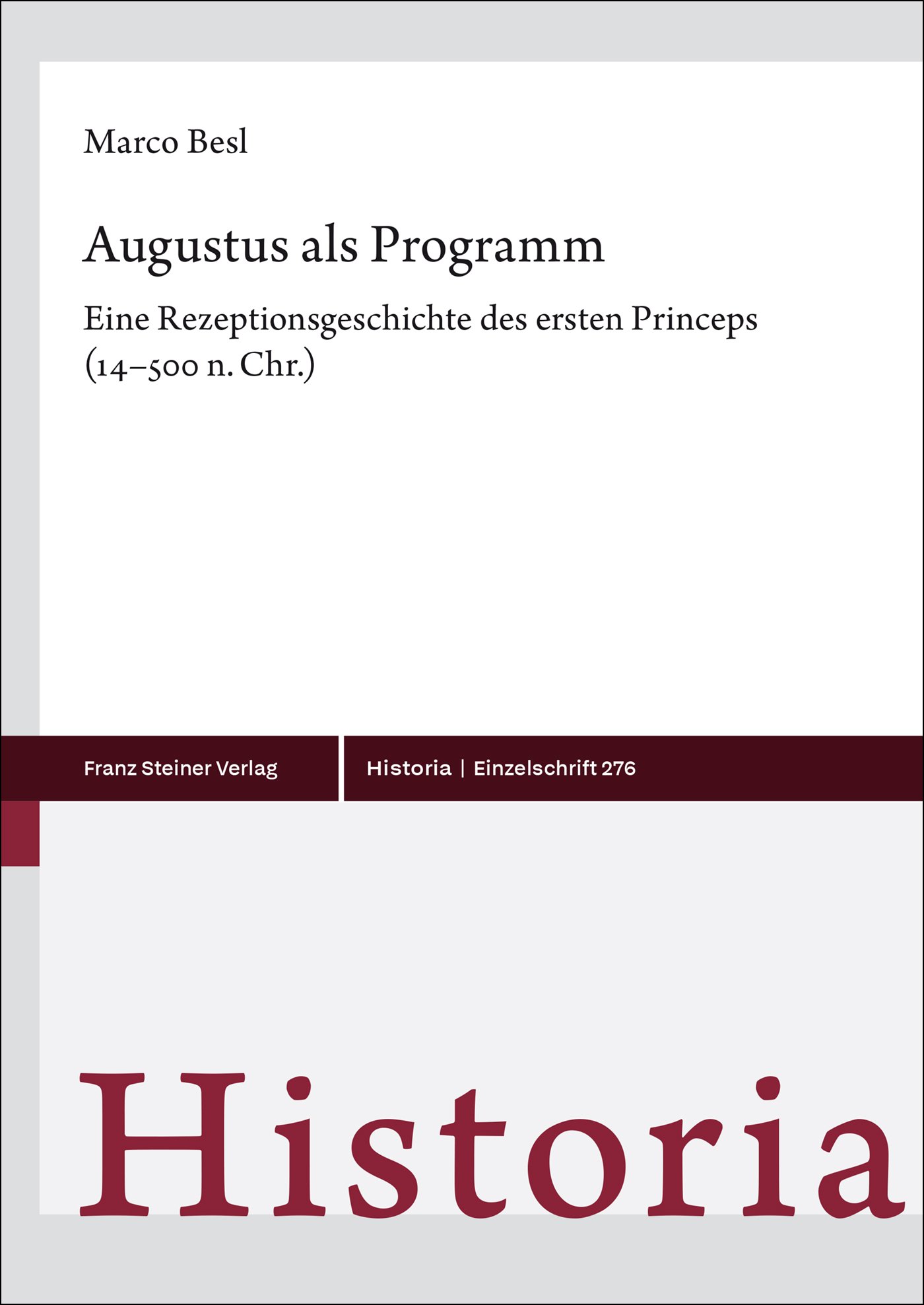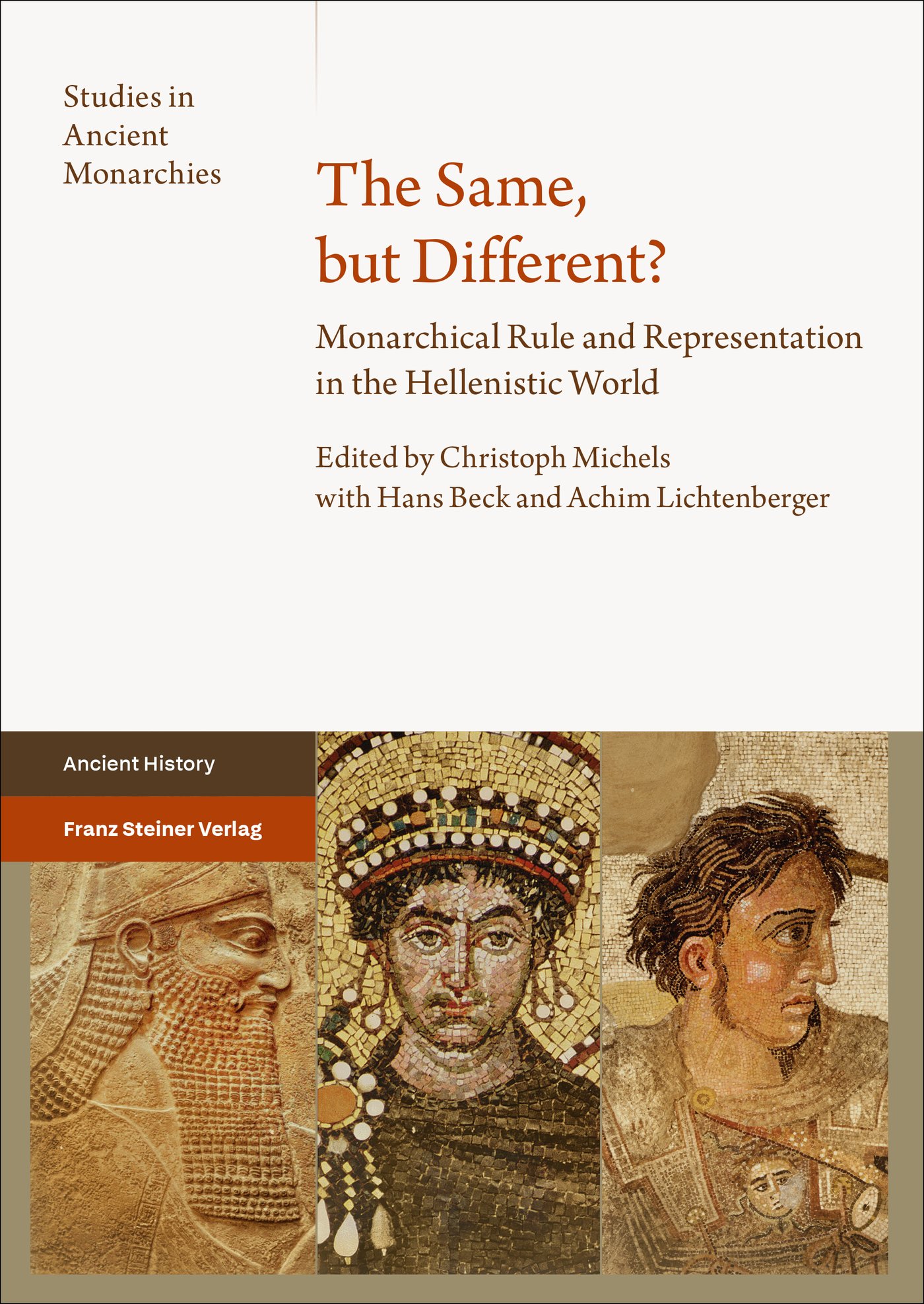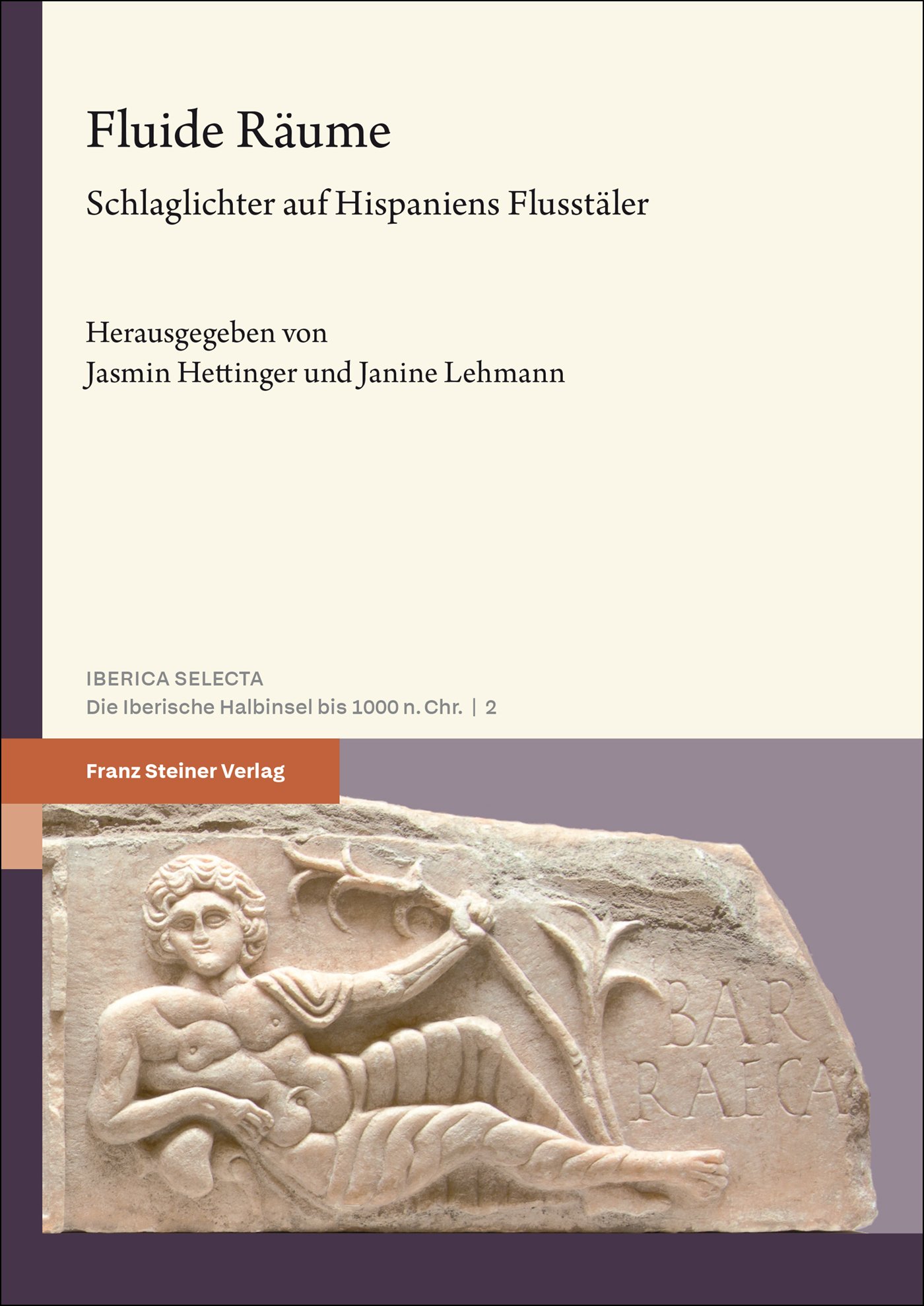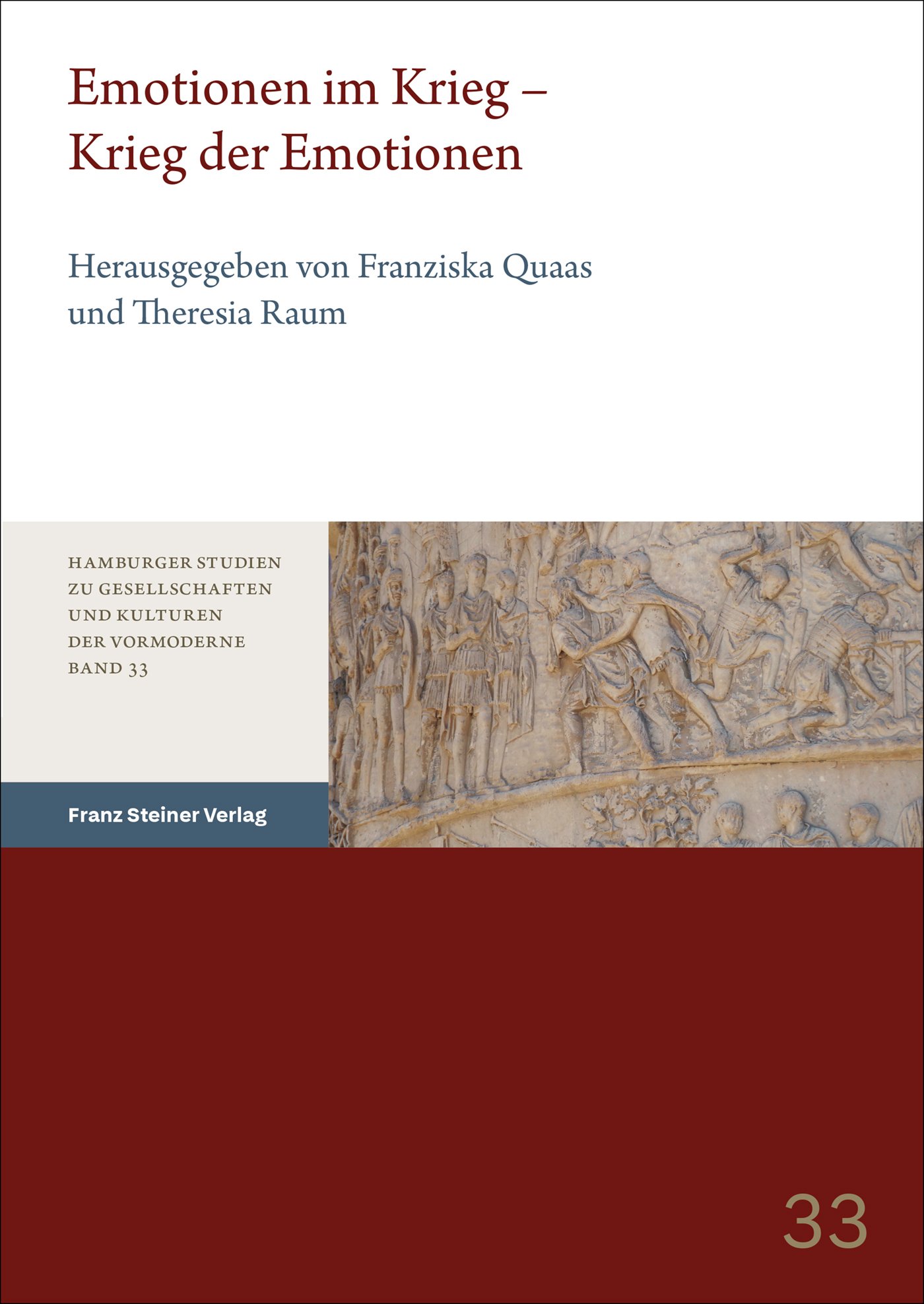Leadership, Ideology and Crowds in the Roman Empire of the Fourth Century AD
This book focuses on the functioning of Roman leadership in the period of the Tetrarchs to Theodosius (284–395). Our volume starts from the idea that the imperial and ecclesiastical administrations became interdependent in this period and thus presents an integrated approach of imperial and religious leadership. As the spread of ideology plays a key role in creating societal consensus and thus in wielding power successfully, the volume analyses both types of leadership from an ideological angle. It examines the communicative strategies employed by Roman emperors and bishops through analyzing the ideological messages that were disseminated by a variety of media: coins, architectural monuments, literary and legal texts. The central question of this volume is how, in a period in which an important shift took place in the power balance between church and state, emperors and bishops made use of ideology to bind people to them and thus to interact with their ‘crowds’, whether they be the inhabitants of the city of Rome or Constantinople, the subjects of the Empire at large or the members of the various religious communities.
"[N]ot only informative but theoretically rich, demonstrating the benefits that can be gained from a fruitful dialogue between different disciplines in order to better understand and interpret the construction and manifestation of imperial and episcopal authority in Late Antiquity."
Sylvain Destephen, GNOMON 94, 2022/3
"Overall, this is an excellent volume that makes important contributions"
Andrew Steck, Bryn Mawr Classical Review
"The volume will spur further work and research and makes a welcome contribution to what has rapidly become a rather crowded field. Overall the volume shows much hard work and care on the part of the editors and has been beautifully produced by Franz Steiner Verlag."
Richard Westall, Plekos 22, 2020
"[D]ie [...] Aufsätze [sind] durchaus wichtige und lesenswerte Beiträge zu ihrem speziellen Forschungsfeld."
Raphael Brendel, Bonner Jahrbücher 220, 2020
| Reihe | Heidelberger althistorische Beiträge und epigraphische Studien |
|---|---|
| Band | 62 |
| ISBN | 978-3-515-12404-1 |
| Medientyp | Buch - Kartoniert |
| Auflage | 1. |
| Copyrightjahr | 2020 |
| Verlag | Franz Steiner Verlag |
| Umfang | 200 Seiten |
| Abbildungen | 4 s/w Abb. |
| Format | 17,0 x 24,0 cm |
| Sprache | Englisch |
